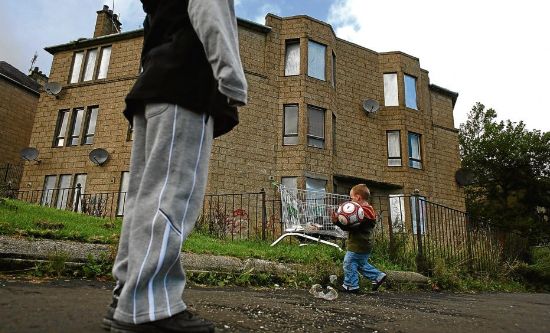
The Deaton Review of Inequalities published by the Institute for Fiscal Studies in November 2022 found growing life expectancy differences and variation in mortality rate between areas within Britain, between the countries that make up Britain, and between Britain and other wealthy countries. Closing the gaps has slowed and the greater the austerity, the worse the health outcomes for the poorest and most vulnerable. One of their conclusions is that to improve population health, there needs to be a focus on the health and well-being of children, for the children themselves and to weakening the inter-generational transmission of deprivation.
The October 2021 Spending Review said that the first 1,000 days of life are the most important. Health visiting services aim to allow every baby to reach their optimum level of health. However, current shortages are contributing to late diagnoses, families feeling abandoned and pressure on other services. The service is struggling from budget cuts, understaffing (a third of the workforce lost since 2015 and many now reaching retirement age) made worse in the pandemic by redeployments, cuts in training places and a reduction in the public health grant as it moved to local councils in 2015. Almost half of health visitors have a caseload double the recommended ratio of 250 children 0-5y old. One in four is accountable for over 750 children. Many babies and young children end up in A&E departments or at their GP for advice that they could have asked their health visitor. There is now huge variation in families receiving the five mandated health visitor contacts in England between birth and two and half years of age: it is only 10% in the worst hit areas. In some areas, checks are done by postal questionnaire. Childhood routine vaccination numbers have fallen, with no vaccinations programmes in Britain meeting the 95% target set by the WHO.
The Cost of Living crisis is set to further undermine the health of the poorest and most vulnerable. The recent Fuel Poverty, Cold Homes and Health Inequalities report by Michael Marmot, director of UCL Institute of Health Equity, explains that 60% of British households without intervention will face fuel poverty, with significant adverse health consequences. Growing up in a cold home damages lungs and affects mental health and development, adults suffer respiratory and heart effects. The greater the number of times a child is in poverty by the age of 14, the greater the chance of being overweight, performing worse at school and being depressed. Britain has one of the highest rates of asthma in Europe and unacceptably high rates of hospital admissions and death in childhood. Ella Adoo-Kissi-Debrah died in 2013 from asthma and is the first person to have air pollution listed as a cause of death. Awaab Ishak’s death in 2020 of respiratory illness was a direct result of black mould in substandard housing. Polluted air impacts the health of children before they are born, correlating with miscarriages, premature births and low birth weight. WHO guidelines are clear on safe levels of ambient fine particulate matter (PM2.5). Globally 90% of children are exposed to levels above this guideline. If these levels were met in Britain, children would suffer 388,000 fewer days of asthma symptoms per year.
Hannah Caller




